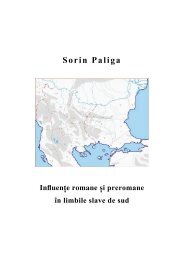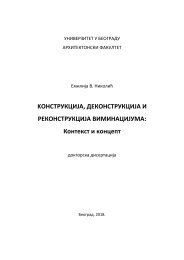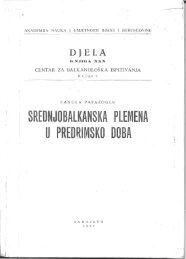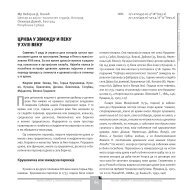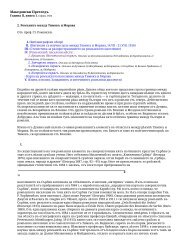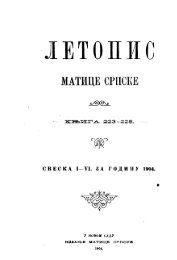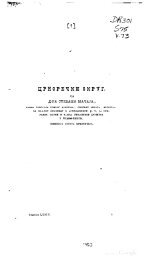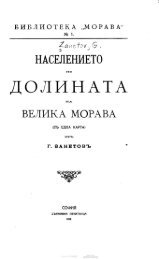Romanians from Serbia in Denmark
You also want an ePaper? Increase the reach of your titles
YUMPU automatically turns print PDFs into web optimized ePapers that Google loves.
diaspora,as few are keen to discuss this matter. In the 1990s, many diaspora<br />
communities <strong>in</strong> Europe and the USA welcomedthe new nationalistic spirit<br />
<strong>in</strong> <strong>Serbia</strong> (Hockenos 2003). In <strong>Denmark</strong>, the diaspora was less eager to<br />
attractattention to the <strong>Serbia</strong>n cause. Nonetheless, the majority of Vlachs <strong>in</strong><br />
<strong>Denmark</strong> were supporters of Milosevic, aloyalty which seems to have been<br />
widespread until 1999. 12<br />
An important factor contribut<strong>in</strong>g to commitment to the <strong>Serbia</strong>n cause was<br />
the open<strong>in</strong>g of a satellite l<strong>in</strong>k toBelgrade <strong>in</strong> 1991 (Hockenos 2003: 149).<br />
This enabled <strong>in</strong>dividual immigrants to watch <strong>Serbia</strong>n television directly,<br />
and to watch the news that mattered to them <strong>in</strong> a language they understood.<br />
At present the <strong>Serbia</strong>n channels provide the most important source of<br />
<strong>in</strong>formation, not least among those who have retired, who often have<br />
relatively little contact with Danish society.<br />
Dur<strong>in</strong>g the war, however, the satellite l<strong>in</strong>ks communicated not only pro-<br />
<strong>Serbia</strong>n versions of the crisis <strong>in</strong>Yugoslavia, but also widespread <strong>in</strong>tolerance<br />
towards other ethnic groups. The Albanians <strong>in</strong> particular weredepicted as<br />
primitive Muslims shar<strong>in</strong>g the goal of expell<strong>in</strong>g all Serbs <strong>from</strong> Kosovo<br />
(Arsenijevic 2007). Tak<strong>in</strong>g <strong>in</strong>toconsideration the <strong>in</strong>creas<strong>in</strong>gly xenophobic<br />
rhetoric that ga<strong>in</strong>ed momentum <strong>in</strong> <strong>Denmark</strong> <strong>in</strong> the 1990s with the grow<strong>in</strong>g<br />
<strong>in</strong>fluence of the nationalistic Danish People’s Party (see Kofoed and<br />
Simonsen 2007), it is not surpris<strong>in</strong>g thatthese antipathies were widespread<br />
among the often poorly educated and marg<strong>in</strong>alised <strong>Serbia</strong>n workers. The<br />
Danish People’s Party was also among the few to protest aga<strong>in</strong>st the<br />
violation of <strong>Serbia</strong>n sovereignty <strong>in</strong> relation toKosovo’s <strong>in</strong>dependence, an<br />
act which is likely to have evoked further sympathy for this party among<br />
the Serbs. Inthe version of the Danish People’s Party, however, this protest<br />
is often spiced with strong anti-Muslimrhetoric. 13<br />
For some Serbs, the common mistrust with regard to Muslims has<br />
<strong>in</strong>duced a sense of sameness between Danes and Orthodox Serbs, as<br />
expressed <strong>in</strong> the quotation below:<br />
It is not as difficult for us to <strong>in</strong>tegrate as it is for the Muslims. It’s<br />
the culture, isn’t it? We’re Christians and they’re Muslims. It’s<br />
another God that they believe <strong>in</strong>. We have the cross and the






